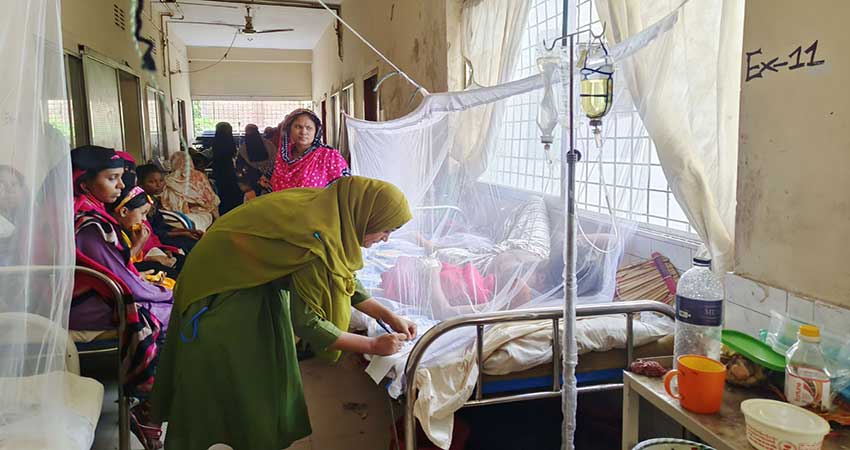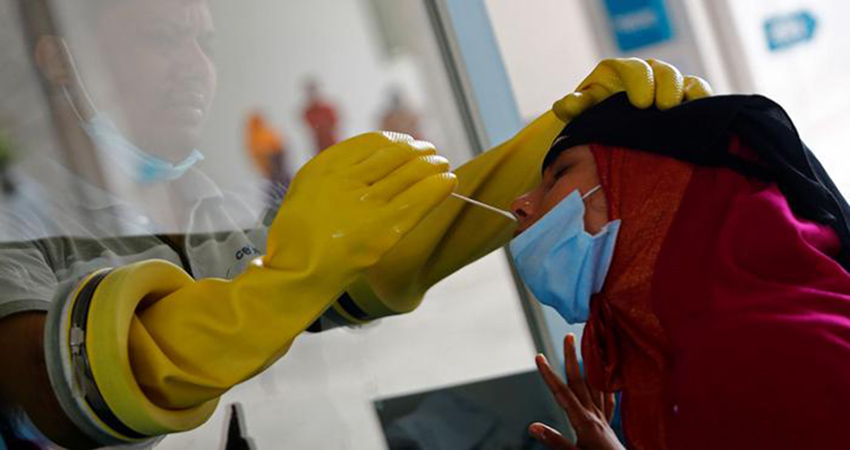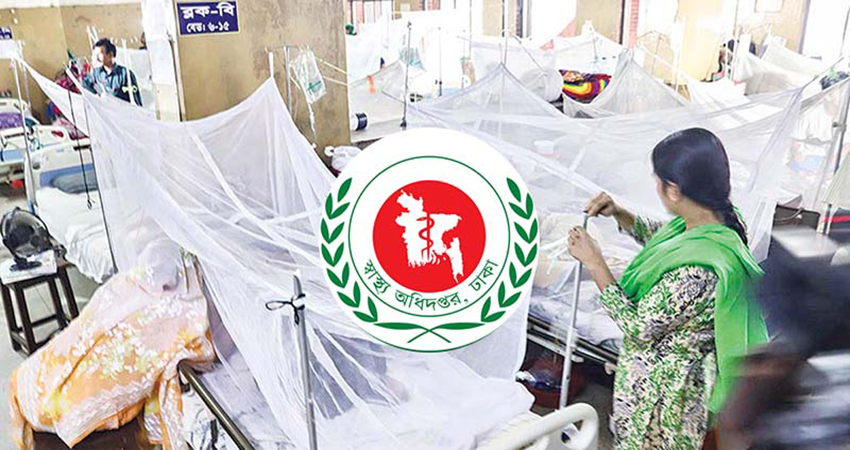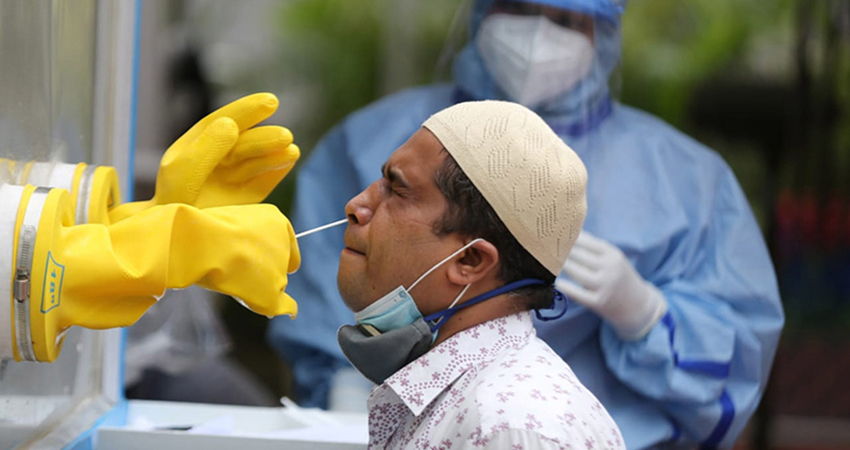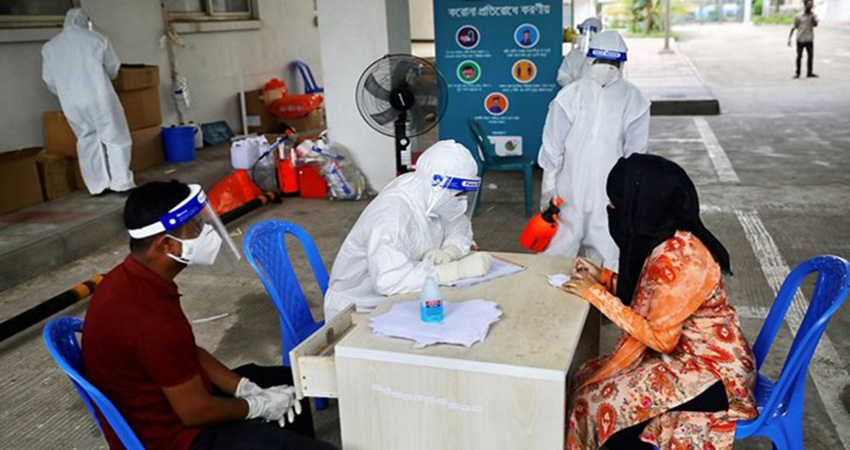An alarming increase in conjunctivitis, a highly contagious eye disease, across the country has caused a sudden shortage of antibiotic eye drops in drugstores, while doctors cautioned that unnecessary use of such drops might cause more harm in the long term.
There is a risk of antibiotic resistance later if antibiotic drops are used unnecessarily without a doctor's advice, physicians said.
Conjunctivitis patients began to rise in July and increased to alarming numbers by September. According to sources, most outpatients at eye hospitals are being diagnosed with conjunctivitis. The rise in infection has led to a temporary closure of an operation theatre at an eye hospital in Sirajganj and sparked a warning call from the authorities of Hazrat Shahjalal International Airport, requesting passengers not to travel abroad within 7 days of contracting the disease.
Shortage of eye drops
Due to the sudden increase in conjunctivitis, there has been a shortage of eye drops in the entire country, including in the capital Dhaka. In Particular, the shortage of Optimox eye drops has become acute in recent days, according to drugstore owners.
"The manufacturing company is struggling to supply Optimox eye drops to meet demand. Every day 15-20 patients come to my shop for this drop," Rajeev Ahmed, owner of Kazi Pharmacy in Shahbagh of the capital, told The Business Standard (TBS).
Mohammad Rafiq, of Life Pharmacy in Rampura, echoed the same crisis.
"Due to the sudden increase in eye swelling, the demand for Tk140 Optimox eye drops has increased, but the supply has not," he said.
Unnecessary use may do more harm than good
The shortage in eye drops has sparked caution from doctors about the long-term effects of unnecessary medicine use.
Dr Mominul Islam, associate professor and head of Retina, Uveitis Department, Ispahani Islamia Eye Institute and Hospital, told TBS, "The viral disease gets better without any kind of treatment. Doctors prescribe a drop for some secondary infections or for patient satisfaction. A regular Tk20-25 eye drop is sufficient for this. But now patients use high-dose antibiotics costing Tk100-150 on the advice of pharmacy shopkeepers, [which might cause] antibiotic resistance later."
He warned that if antibiotic resistance develops, these medicines will no longer work after cataract surgery or ulceration of the eye.
Dr Mominul cautioned that no medicine should be used on the eyes without a doctor's recommendation.
He said, "Sometimes pharmacy shopkeepers sell steroid-like drops, which work magic. But, such medicines increase the pressure in the eyes, causing serious eye diseases later."
In order to prevent conjunctivitis infection, Dr Mominul recommended patients and people around them remain alert and aware, and follow strict hygiene rules.
He said the water that comes out of the eyes of a patient should be wiped away with clean tissue paper and disposed of properly in a specific place. Sunglasses should be worn when in dusty places.
Dr Atiqul Haque, a long-term fellow on retinas at the National Institute of Ophthalmology and Hospital, said antibiotics have no role to play in treating the eye diseases that are currently spreading because this viral disease is cured naturally.
He said, "However, antibiotic drops are available in markets. Moxifloxacin antibiotics are now in short supply due to overuse, while Doxycycline has been used a lot during Covid-19.
"It is actually kind of a hoax. There is nothing to panic about. Everyone should be aware of this disease prevention."












